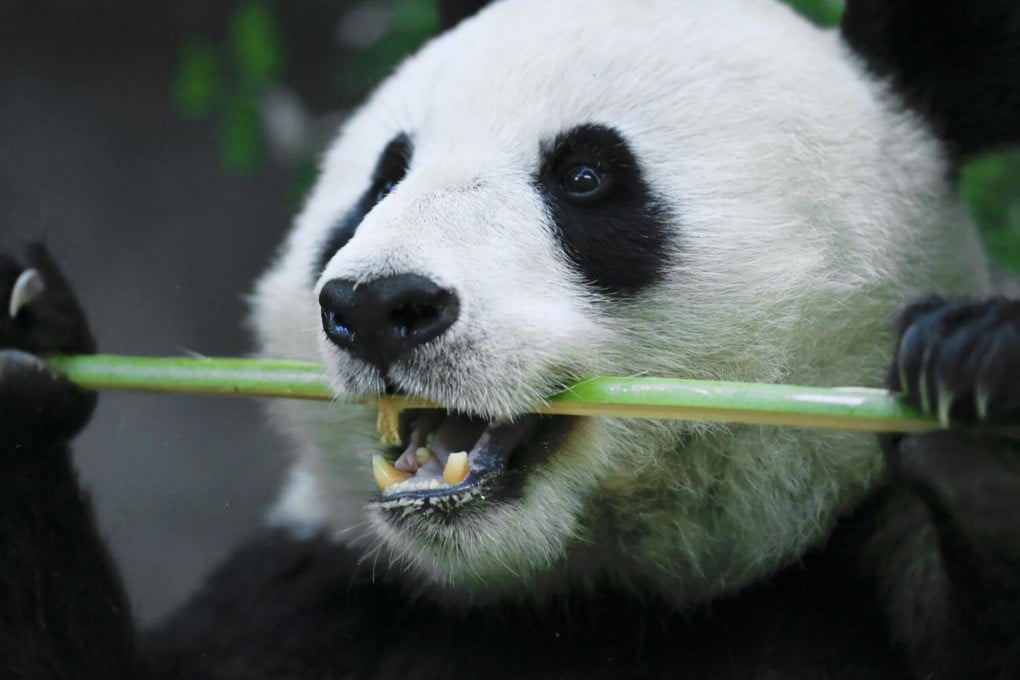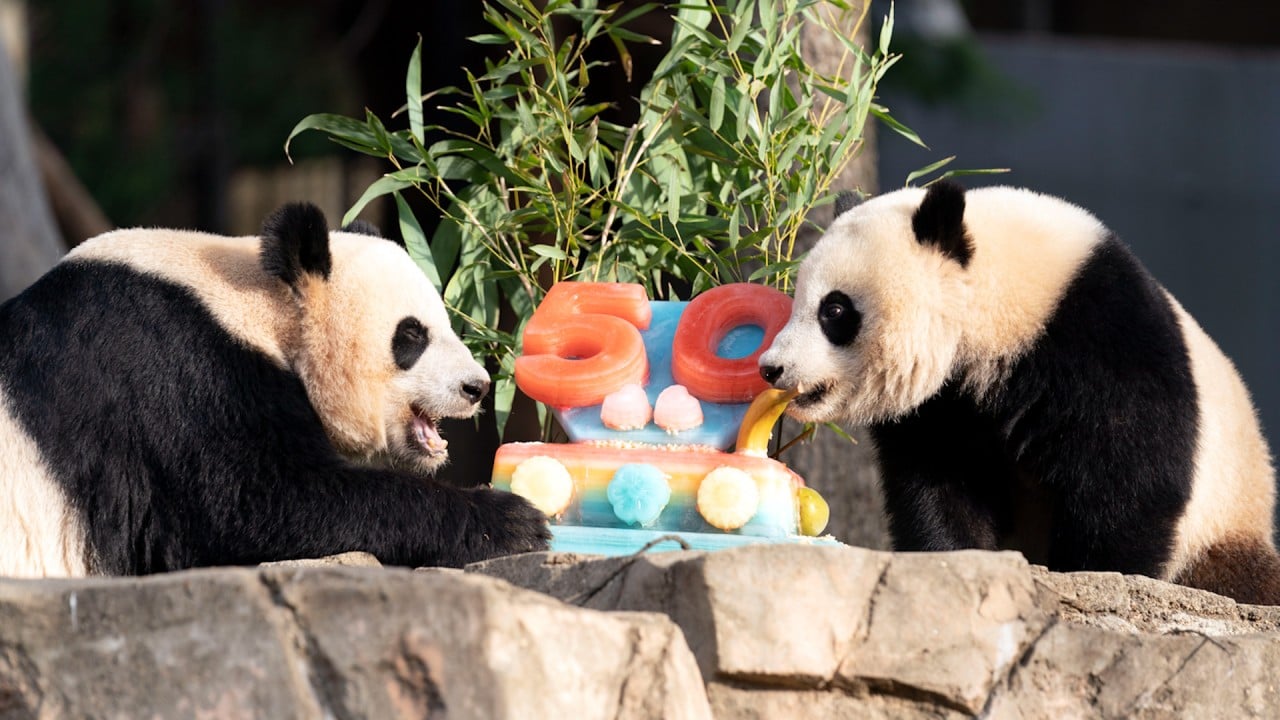The return of panda diplomacy: what it suggests about China-US relations
- Beijing resumes lending bears to US zoos in a soft-power bid to improve ties with Washington
- Earlier withdrawals showed ‘a toughening stance against the United States, intended to ... penalise the increasingly strident hostility of American politicians’, an analyst says

“I have a two-year-old. My son waved as the truck left,” she said, adding that he would be delighted when he found out.
Forget celebrity missions, embassy-hosted parties or other attempts at warming American hearts. Last week, Beijing played its ace card in its bid to rekindle US-China people-to-people relations with the announcement that it was putting its black-and-white diplomats on the job even as some wonder how effective they will be.
Behind the warm, fuzzy imagery, however, are some careful Chinese calculations on timing and the bears’ expected reception, befitting a country that has used panda diplomacy for centuries to ingratiate itself, reward friends and punish adversaries.
“The Chinese famously tend to take the long view. Pandas are a symbol of their country with a proven record of effectiveness in softening its image and developing foreign constituencies for cordial relations,” said Chas Freeman, a veteran diplomat who interpreted for then-president Richard Nixon during his historic 1972 Beijing trip to meet Mao Zedong.
